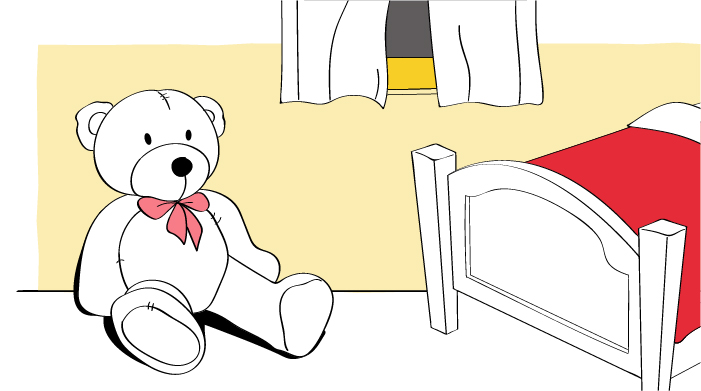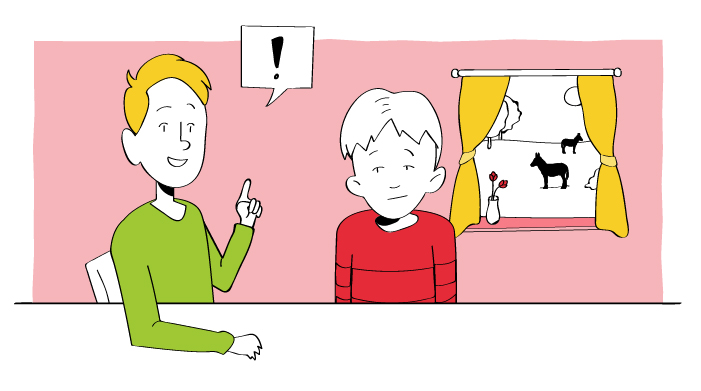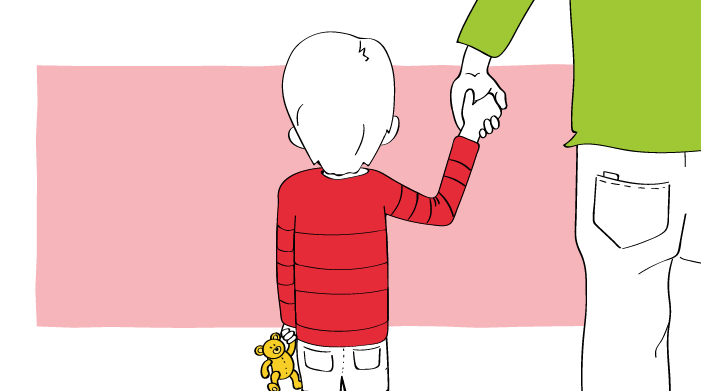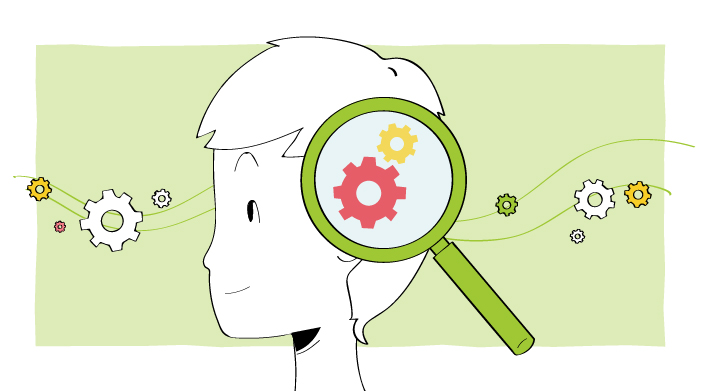Attachment disorder
ZO! support in the case of an attachment disorder. ZO! is a small-scale private practice that specialises in providing support to children and adults suffering from an attachment disorder.
Attachment disorder or problematic attachment is an umbrella term for emotions and behaviour of children, young people and adults which demonstrates that they derive (or have derived) no or insufficient emotional security from trusted parents/guardians.
Deze pagina is hier in het Nederlands beschikbaar.
Issues concerning attachment come under various names; attachment disorder, basic loss syndrome, adoption problems, no basic trust, no basic safety, and other terms. In many cases, a correlation with various traumas and experiences of loss is involved.

An attachment disorder disrupts and affects the contact and sense of togetherness with others. It is often concealed by other issues, such as behavioural problems, emotional inhibition, agitated and alert behaviour, trouble with commitment, no or even too many superficial contacts, low self-esteem, manipulative behaviour, being easily offended or rejected, a desire to maintain control, limited basic trust, depression, etc.
This is seen in children and young people as well as in adults.
Causes of an attachment disorder
You may develop an attachment disorder or problematic attachment as a result of a faulty start in life, hospitalisation as a young child, adoption, the loss of a parent, placement in a foster home, a poor match with your parents/guardians, abuse, violence, or inadequate availability of parents/guardians as a result of their own personal illness or issues. Things may have been difficult from the start or may have become problematic as a result of a drastic event at a later age.
You become detached from your environment and are forced to rely on your own resources, which is frightening for any person and is best hidden. If recovery fails, you will develop a new survival strategy to cope; you will be able to function well (to very well at times), while contacts with yourself and others have become disturbed.
Trust is affected and the foundation for further parenting and an ongoing stable development is lost. In some cases this does not become evident until after a long period of time.

Children with an attachment disorder
It is difficult to parent a child that suffers from an attachment disorder. The child is unable to feel safe and secure with the parent/guardian and the parent/guardian is unable to reach the child. As the child gets older, it is not safe with himself/herself either, causing insufficient basis to develop from within. Attachment, self-esteem and self-regulation are almost interchangeable.
In addition, signs often relate to other disorders or disabilities (ADHD, autism, mild intellectual disability, FASD) or are closely connected. We will consider this during tests. If we find any other disorders or disabilities as part of or separate from the problematic attachment, we will diagnose and treat them, or provide assistance.
Treating an attachment disorder
Treating an attachment disorder focuses on repairing confidence with yourself and others. Attachment is always possible, even in later life. Problems in relation to attachment clearly call out for attention. Treatment is possible through differentiation therapy & phase therapy, child therapy, parent/child therapy, parent supervision, Therapeutic Parenting, basis therapy, trauma-focused treatment, attachment-focused EMDR, etc.

Basis therapy for adults
Basis therapy is a type of therapy which focuses on adults suffering from complaints related to attachment or an attachment disorder.
While the cause of attachment problems is usually in the past, complaints manifest themselves in the present. These problems may express themselves by working extremely hard to lock out emotions. Other issues may involve having difficulties in relationships and intimacy, claiming or keeping distance, experiencing physical problems, failing to stand up for yourself or not knowing what is important to you, being troubled by fears, tension, worries and being afraid of making choices.
Basis therapy focuses on creating a basis in yourself. Attention is devoted to the reinforcement of harmony with yourself through discussions that give insights, explanation, the processing of earlier experiences and exercises. This therapy makes you feel what happens, provides assistance in how to deal with unpleasant emotions and helps to find (renewed) trust in yourself and others.
This therapy involves insights from attachment theories, cognitive-behavioural therapy, EMDR and experiential psychotherapy. This type of therapy (commonly) lasts one year at least. Refer to www.hechtingsproblemen.nl for more information.
Examination into an attachment disorder

Examining an attachment disorder requires specific expertise. We consider the history of relationships, traumas, current attachment to permanent guardians and the developmental course. In addition, attention is devoted to information processing, language, organisational tasks and examinations into suspicions concerning ADHD, Autism, mild intellectual disability and FASD.

 Trauma
Trauma Adoption support
Adoption support Therapeutic Parenting
Therapeutic Parenting Differentiation therapy & PHASE therapy
Differentiation therapy & PHASE therapy EMDR
EMDR CONNECT parentgroup The Netherlands
CONNECT parentgroup The Netherlands